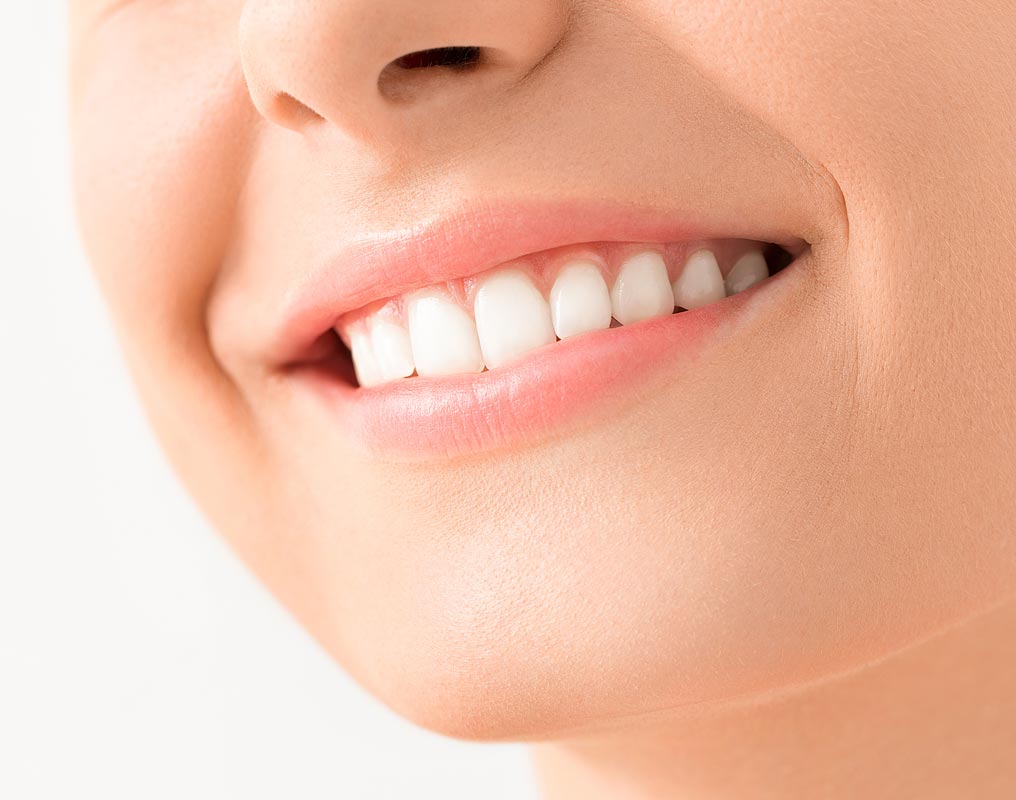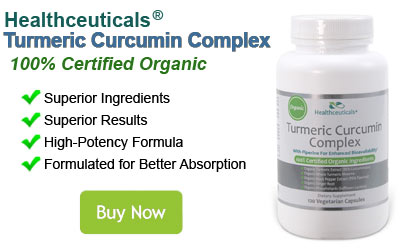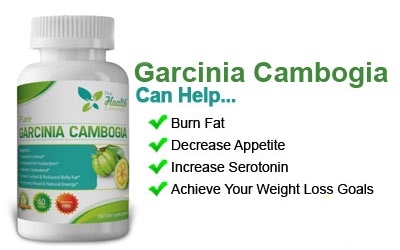
Your dental health plays a huge part in your overall well-being. Tooth pain, lost teeth, and dental work can all be difficult to endure and decrease a person's quality of life. Additionally, having tooth decay can negatively affect other systems in the body, such as the heart and kidneys.
The Work of Weston Price
Dr. Weston Price was a dentist in the early 1900s who traveled around the world studying dental problems including tooth decay in different populations. His work led him to hypothesize that nutrition made a significant impact on the development of dental conditions including abnormal facial structure, tooth decay, and cavities.
Though the cultures he studied had a wide variety of natural diets, people eating a Western diet that included flour, sugar, and processed vegetable oils had the most dental problems (and other health problems too). His book, Nutrition and Physical Degeneration, describes his travels, findings, and conclusions.
Some criticism has been leveled against Price's work, to be sure. Critics say that he did not nutritionally analyze the diets of those he studied and didn't make allowances for other factors that might play a part in the differences in dental health that he observed between populations.
Modern dentists teach us that tooth decay is the result of sugars (those in milk, fruit, juice, soda, treats, and other foods) being left in the mouth and bacteria feeding on them and producing acid that can wear holes in the teeth.
Can Tooth Decay Be Reversed?
Once a tooth has a cavity, the only way to fix it is to drill out the damaged part and fill it with another material.
However, tooth decay may be prevented or halted by flossing daily and brushing at least twice daily. Additionally, there are some nutritional changes you can make that might help slow down any decay that you have and prevent more from starting up. They include:
- Use xylitol. Xylitol is found in many food products in place of sugar, and it can also be purchased alone to be added to foods made at home. It actually keeps the harmful mouth bacteria that live in the mouth from reproducing. It doesn't break down like sugar does in the mouth, so it doesn't cause the harmful acid to form. Be careful to keep xylitol or xylitol-containing products out of reach of dogs because it's toxic to them.
- Cut out processed foods. Processed foods often have added sugar, refined carbs, and they don't always have the right amounts of other nutrients that are beneficial for tooth health.
- Make sure you get enough calcium and magnesium. Load up on spinach, avocados, legumes, seeds, and dark chocolate.
- Increase your vitamin D. Get more fatty fish, dairy products, and fortified products containing vitamin D.
- Decrease phytic acid. This is found in beans, nuts, seeds, and grains, and it can block the body from absorbing some minerals. You can decrease the phytic acid in these foods by consuming sprouted or fermented forms of them. Alternatively, you could soak them for 12 hours, discard the soaking water, and rinsing again. You can learn more here: "All About Phytic Acid."
- Replace sugar with stevia. Stevia may not trigger the production acid-producing bacteria on teeth like sugar and can even suppress it: "Fighting Cavities with a Stevia Rinse."
- Consider turmeric. Studies show that compounds in turmeric may help treat or prevent gingivitis and decrease the immune response to bacteria in the mouth. Learn more: "Turmeric for Gum Disease and Other Mouth and Dental Problems."
Another thing for you to consider taking up is oil pulling. This technique has been used in India for 3000 years. You can learn more about it and see links to some studies regarding whether doing it can decrease gingivitis and kill mouth bacteria here: "Oil Pulling: Modern Fad or Ancient Forgotten Knowledge?"


